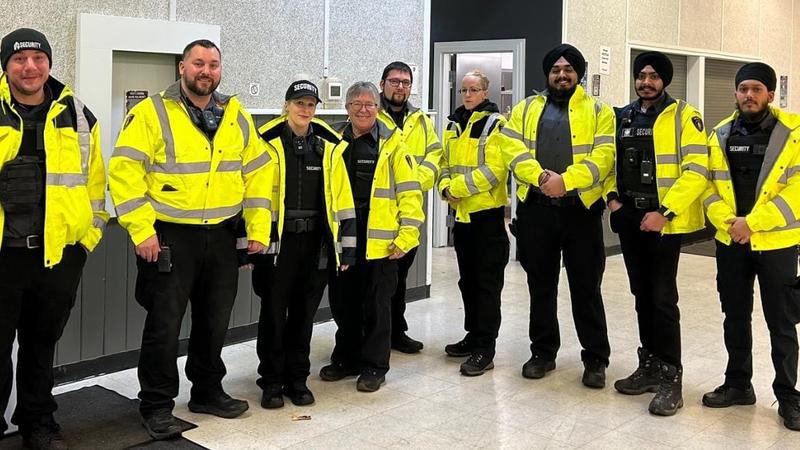
Next of kin, Corrections respond to Coroner’s Inquest recommendations
For Stan Tu’Inukuafe, Curtis McKenzie was more than someone he was helping; he was like family.
Tu’Inukuafe, co-founder of STR8 UP, a non-profit Saskatoon-based group that helps gang members leave the lifestyle, was officially McKenzie’s next of kin and so was the first person contacted when the 27-year-old attempted suicide Feb. 26, 2020.
Describing the call as heart-wrenching, Tu’Inukuafe said he was fully aware of McKenzie’s past history of depression, but explained he never thought McKenzie would actually try to end his life.
“That just speaks volumes to me how low he was at that time and for me it was difficult how staff couldn’t see that in him,” Tu’Inukuafe said.


